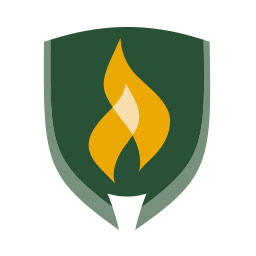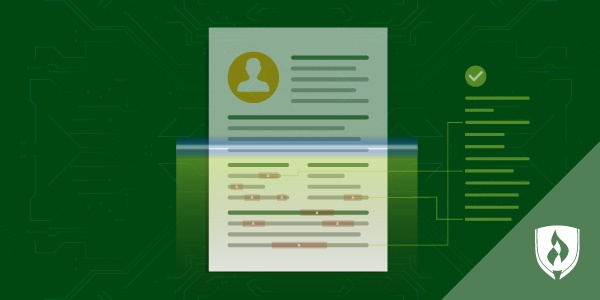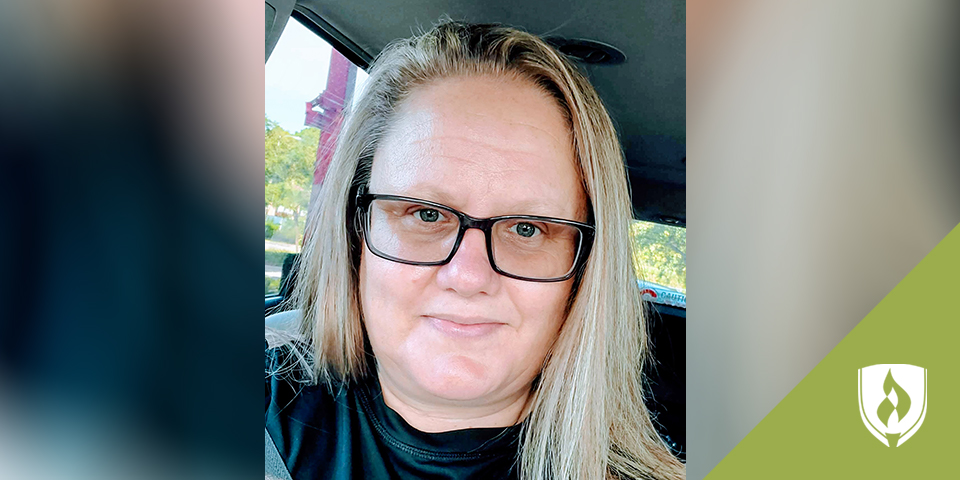There’s a place in a man’s soul where heartache and longing meet. They gather to complain about life, and how it’s cheated them of all its riches. A lump formed dead center in my chest as I saw the artist reality show “Work of Art. ” I’d had the sensation a year before, as the producers gave me the, “Thanks for coming out, but we don’t want you…” spiel after my audition.
The Anti-Warhol Experiment
Rather than showing up to get on the show, I was there to conduct an experiment with social media in the classroom. Half a year into my new teaching gig with Rasmussen College, I was proud of how I’d molded the audition into a “reverse field trip” for my Humanities class. The premise was to report on the artists struggle and experience Andy Warhol’s fifteen minutes of fame, while uploading it all to the Internet. With the explosion of reality TV, Warhol’s prophetic 1968 statement “In the future, everyone will be world-famous for fifteen minutes,” had come true. Now with a cell phone and Twitter™, anyone could be famous.

As a class, we’d use social media for the powers of good, and expose the facade of reality television. I dubbed the assignment “The Anti-Warhol Experiment. ” Lurking in the shadows, the reality bug had already bitten me. I contemplated shaving my beard to get rid of the grey.
The Audition
With my iPhone®, I got the tracking shot of the line going around the block, my homage to Martin Scorcese and “The Last Waltz”. Interviews with artists were uploaded within minutes to YouTube®, and I was tweeting like a canary in a coalmine. Students were required to comment on the videos and Tweets, and then discuss later in class. Well, sort of in class, we discussed virtually using video chat on Yahoo! Again, it was all part of the reverse reality field trip. My students were all virtually auditioning with me.
The Anti Warhol experiment had turned into a unique learning environment. What better way to absorb Andy Warhol and his famous quote, than to see your instructor play it out on the Internet? Through the miracle of technology, students could witness these struggling artists online, and see my humiliating rejection within minutes of the real event. Ok, it wasn’t that humiliating. And witness they did, commenting on the submissions instantly.
The Scene
The scene outside the audition didn’t disappoint; there were girls with pink hair, people dressed as cows, artists interviewing artists as performance art, and an old guy wearing a jacket made of credit cards. I even interviewed “the freaks from New York” that were setting up their own free art school. I became addicted to using my phone. I could report on anything. The power went to my head. I WAS the Anti-Warhol, and I would bring down all reality shows from here on out. I became a hero, exposing false reality, and reporting real reality to my classroom.
Cancelled
I stopped recording. Our reality show had begun, flourished, and ended, all in a matter of hours. The Anti-Warhol was dead. I didn’t like how good I was at it; how I could just transform like that. Like all those years watching the Tonight Show had culminated for that moment. I’m an artist, an educator. This was to broaden young minds, change the world, and take down reality television. We were going to use social media for the powers of good, not evil!
The Dark Side
Had I become all that I had set out to defeat, a tool, a pawn in the game? Even if I was dying to be on the show, it was obvious that she was the goldfish, and I was dead in the water. I couldn’t compete in a million years. Like all good Kung Fu movies, the teacher had become the student. My class had learned about Warhol and social media, but I’d learned something about myself. Of course that part isn’t new; it’s one of the perks of being a teacher.
The Payoff
Our social experiment for the classroom had paid off. Through the sheer absurdity of the experience, my students would remember the artist’s struggle in a new and exciting way. And those that had never tweeted before, or commented on a YouTube® video, were part of a new unique classroom. Andy Warhol said that television was more real than real life. In that moment, I finally knew what he meant, and now I could report back to my students within minutes of my discovery. That was new to education. The reverse field trip had worked; just as my reality show audition had failed.
The Anti Warhol indeed.





![What Did You Want to Be When You Grew Up? [Survey]](/images/rasmussenlibraries/blogs/newscenter/2014/college-life-when-i-grow-up-blog-m.jpg)
